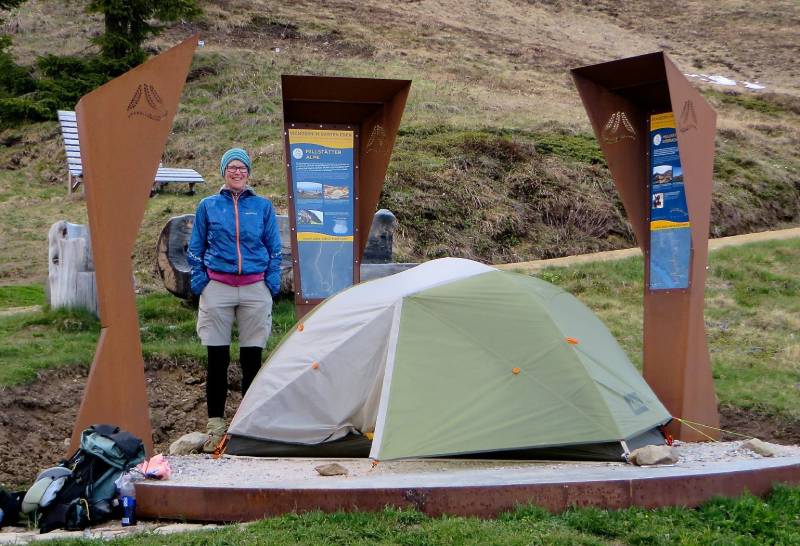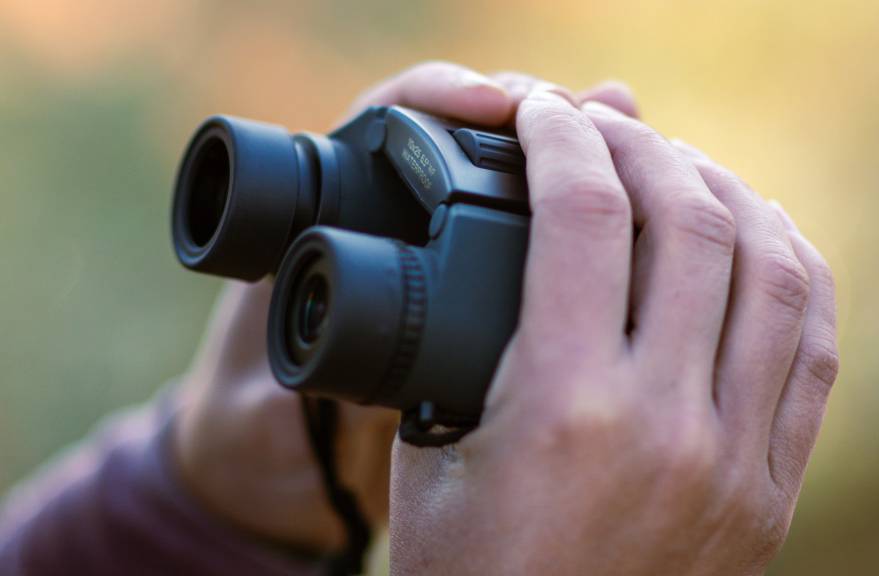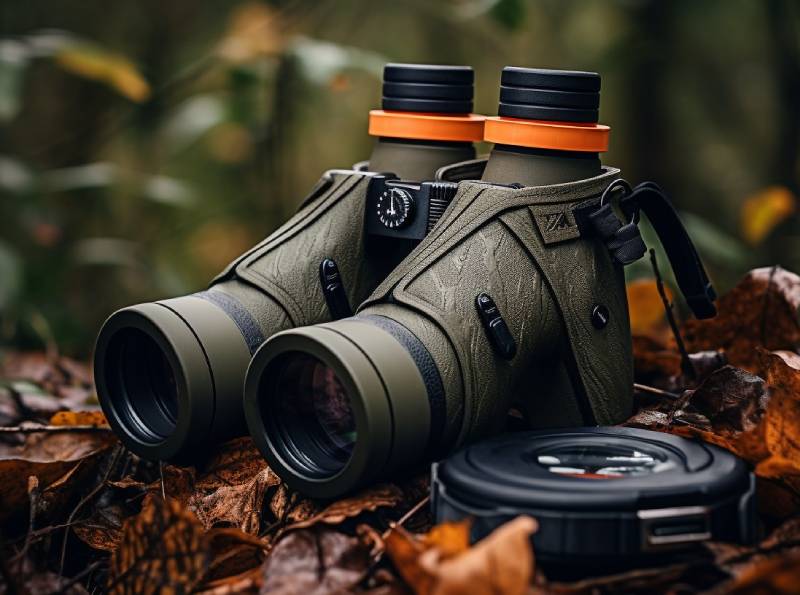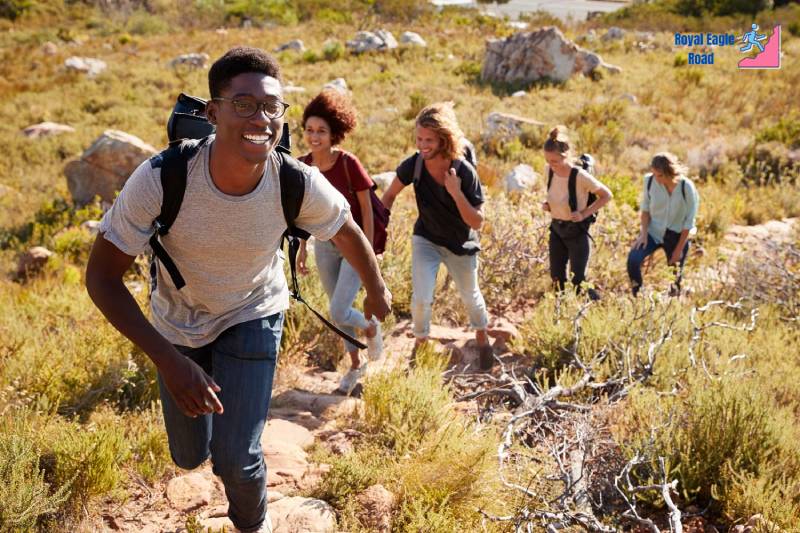
Tips for Camping With No Electric: Embrace the Wilderness
Camping without electricity offers a unique and fulfilling way to reconnect with nature and simplify your life. While it might seem challenging at first, preparing for an…

Camping Tips for Eating: How to Enjoy Delicious and Nutritious Meals in the Great Outdoors
Camping is a fantastic way to reconnect with nature, unwind from the stresses of daily life, and spend quality time with family and friends. One of the…

Camping Tips for Dummies: A Comprehensive Guide
Camping can be a delightful escape from the hustle and bustle of everyday life, offering a chance to reconnect with nature, bond with family and friends, and…

Camping Tips with Dogs: A Comprehensive Guide
Camping with your dog can be an incredibly rewarding experience, deepening the bond between you and your furry friend while enjoying the great outdoors together. However, it…

Ultimate Guide: Best Camping Tips for Families
Camping with your family can be a fantastic adventure, full of bonding moments, laughter, and creating memories that last a lifetime. However, it also comes with its…

Stealth Camping Tips For Discreet Adventures
Have you ever dreamed of embarking on an outdoor escapade without drawing too much attention? If so, stealth camping might be the perfect solution for you. The art of stealth…

Discover the Best Compact Binoculars for Your Adventures!
Are you an outdoor enthusiast, nature observer, birdwatcher, or hiker? Do you want to enhance your experience by being able to see everything in unparalleled clarity and…

The Best Hunting Binoculars Today
When it comes to hunting, having the best equipment is crucial for a successful trip. One key piece of equipment every hunter should have is a reliable…

Discover the Best Binoculars for Your Next Adventure!
When it comes to outdoor adventures, having the right gear can make all the difference. And if you’re an avid nature lover, birdwatcher, or stargazer, finding the best…

Uncover the Top Benefits of Hiking: An Ultimate Guide
Are you searching for an outdoor activity that offers a multitude of health benefits and is adaptable to various fitness levels? Look no further, as hiking is…
